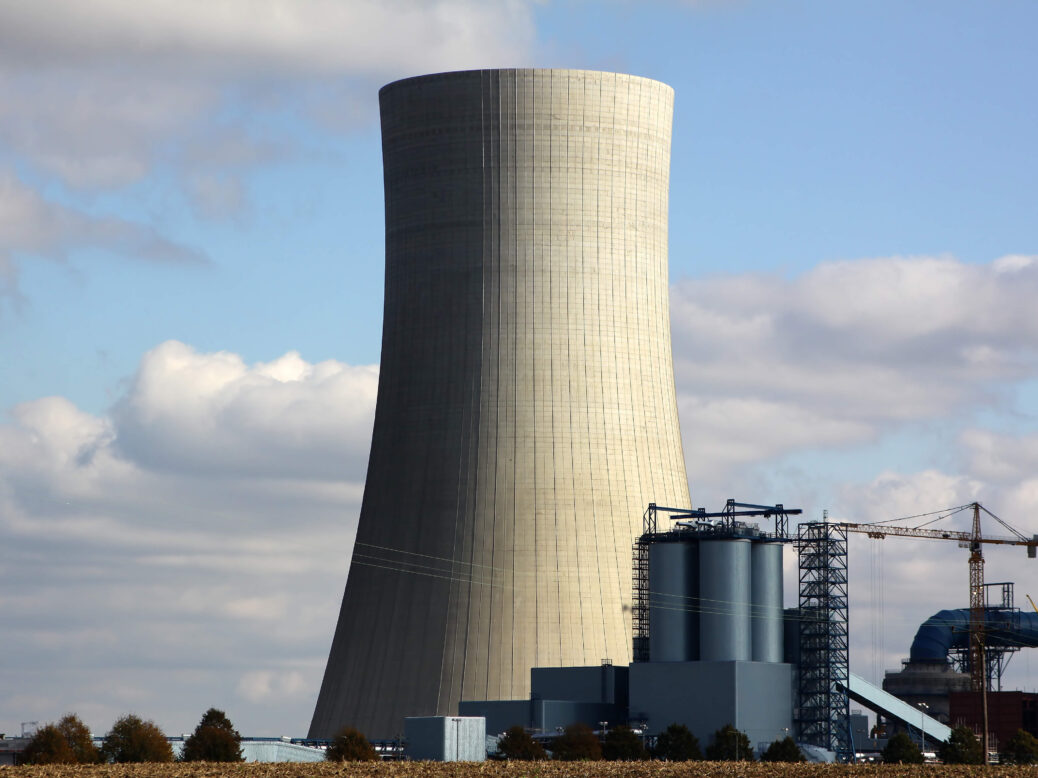
Coal supplied just 1.3 per cent of Britain’s electricity over the last three months and for 12 days in June the furnaces in coal-fired power stations across the country were entirely unused, according to a new Imperial College report commissioned by Drax, further progressing the UK’s programme to remove the fossil fuel from its energy mix.
During the last three months, the UK went coal-free for 812 hours – more than the whole of 2016 and 2017 combined. The report claims that coal power was not necessary for producing energy over these months; instead coal power stations were only fired up to keep the system stable.
Coal was only needed for inertia and voltage control, which helps to regulate the output of electricity. This led the report to conclude that the impact of coal-powered electricity on the UK’s carbon footprint in summer months “is no longer significant”, with less than 1m tonnes of CO2 produced by coal-fired power plants in the last quarter. The transport sector produced over 120m tonnes of CO2 in 2017.
Over the last five years, the UK has cut its coal-fired electricity production by four fifths. British energy companies must continue this trend in order to meet the government’s target to phase out the use of coal by 2025.
Drax, which runs one of the eight remaining coal-fired power stations, is in the process of converting one of its units to biomass and has filed a planning application to switch the remaining two to gas. The company informed Spotlight that this could see them eradicate the use of coal power by 2023. Two more coal power stations, in Eggborough and Kilroot, are set to close by the end of the year.
The summer heatwave saw the production from solar power soar to a new record, producing 9.39 gigawatts in a single day on 27 June. Solar power made up 6.6 per cent of the UK’s energy mix and now has the capacity to generate more electricity than coal.
Despite the major improvements shown in the report, gas still makes up the majority of the UK’s electricity supply. Gas power produced 41.1 per cent of the country’s power over the last quarter and was responsible for 82 per cent of its emissions. With the “easiest option” of removing coal almost achieved, the report warns that the UK may be entering an “era of slow progress” in reducing carbon emissions further.





